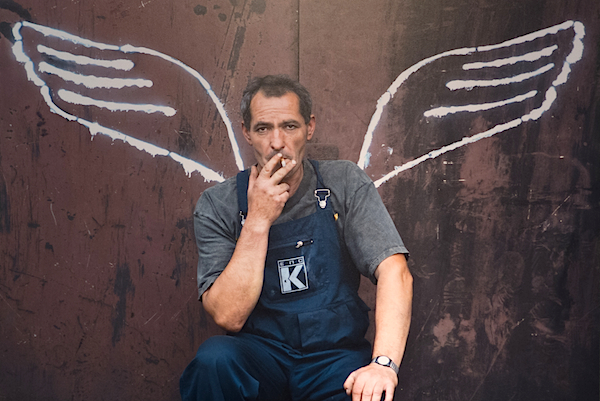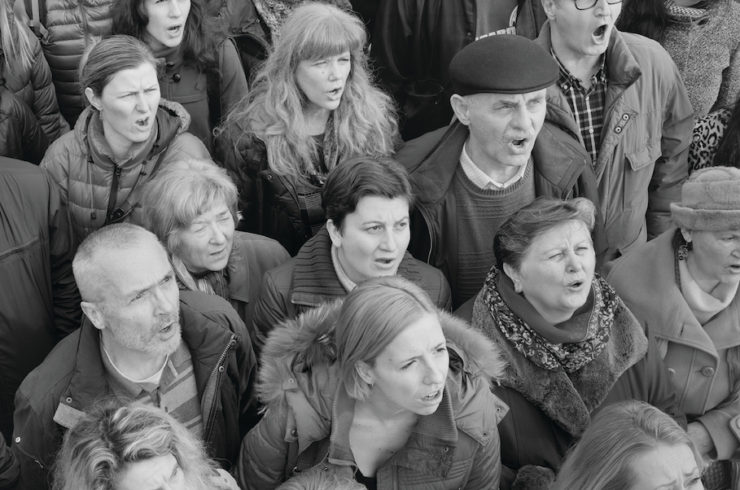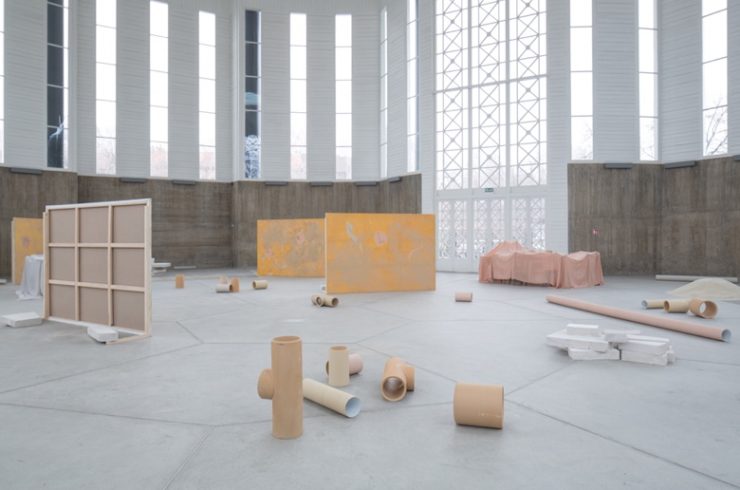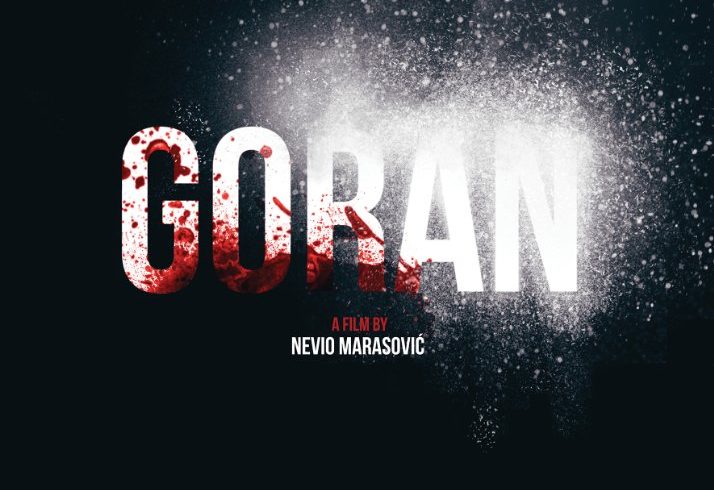Art
Art and activism: Igor Grubić
Multimedia artist Igor Grubić, born in 1969 in Zagreb, is known for using art as a tool for activism. Though Grubić often comments on current social, political, economic concerns, much of his work refers to significant historical events and pays homage to marginalized groups and unlikely heroes.
In 1998, Grubić established himself on the local art scene with Black Peristyle, a political-artistic action in which he painted a black circle on the ground of the peristyle of Diocletian’s Palace in Split. The work evoked Red Peristyle, an action performed 30 years earlier by a group of artists who painted the same location red. While Red Peristyle signified dissatisfaction with the then totalitarian regime, Grubić’s black circle symbolized the “stains” on the consciousness of society.
Grubić has since sought to call attention to injustice and metaphorically rectify social downfalls. In Velvet Underground (2002), Grubić visited inmates at Lepoglava prison and asked them questions about how they spent their time as children, whom they admired, and how they imagined the future. He then photographed himself in their prison cells dressed as stuffed animals and cartoon characters, linking childhood fantasy with current reality and probing the question of what went wrong. For the series Angels with Dirty Faces (2004-2006), Grubić played the role of an angel who visited the miners of the Kolubara mine in Serbia, who had helped overthrow the Milošević regime when they organized a mass strike in 2000. Grubić then photographed them sitting in front of wings drawn with chalk, transforming them into angels and giving them due acknowledgment for their deeds.
Grubić gained international recognition with East Side Story (2006-08), an award-winning performance and video work that pairs documentary footage of violence committed during gay pride celebrations in Zagreb and Belgrade in 2001 and 2002 with footage of dancers performing reinterpretations of the aggression in the same or nearby locations.
With his 2012 performance created for a festival of Croatian culture in France, Grubić shifted focus to the Balkan region in general with Zero Balkan Beat, a performance that began with 10 minutes of traditional music played by a Balkan brass band. Grubić then approached the musicians and began to bind them together with tape while they continued to play, creating an increasingly discordant melody that eventually ended in silence. According to Grubić, this performance was accepted after two other proposals dealing with more universal content were denied. Suspecting that this rejection signified a desire for an element of exoticism, he gave the committee a Balkan brass band (which was, of course, accepted) that was, in the end, stifled. Seen in this light, the performance becomes not just as a commentary on the Balkans itself, but also on Western ideas about the Balkans.
Watch Zero Balkan Beat
Written by Elaine Ritchel (@elaineritchel)







